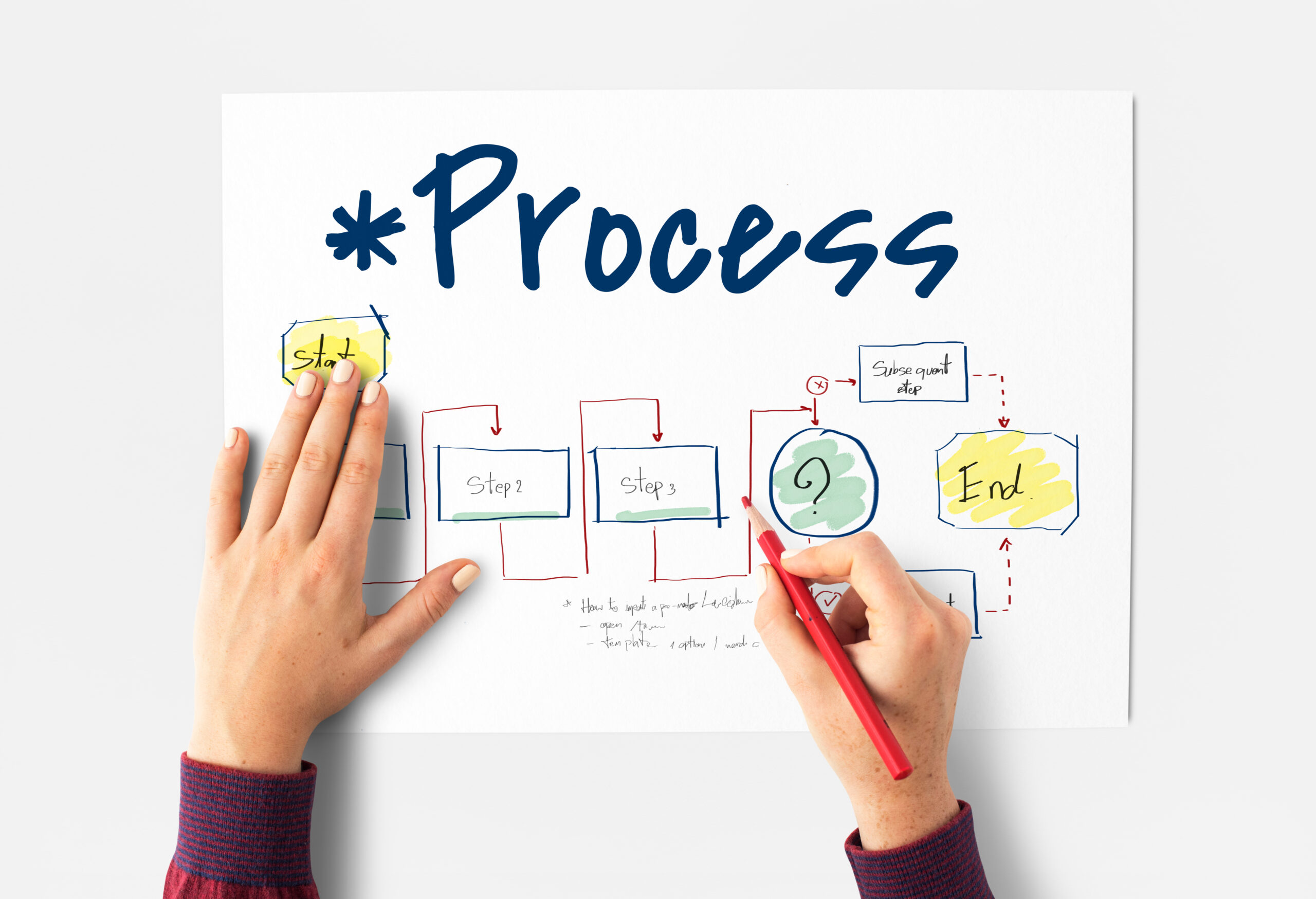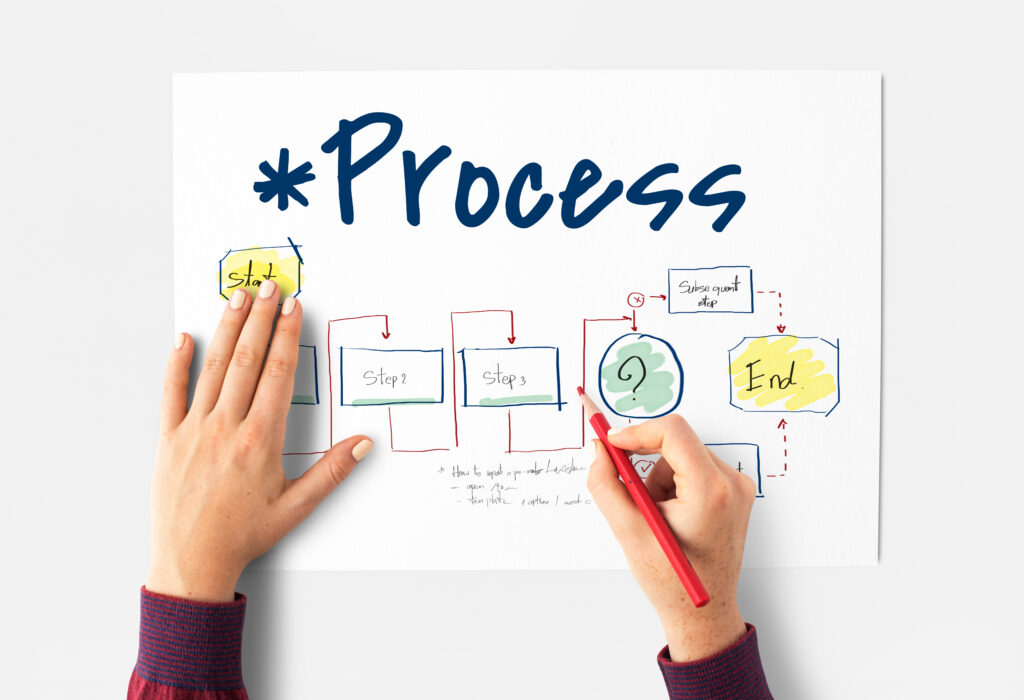I’ve never been in an accounting department that didn’t need some type of improvement. It’s just evolution, even well run processes need tweaks over time. It’s more likely though that you’ve identified something specific that needs to be fixed. There are many ways to tackle these problems but the first step I recommend taking is to pick your framework. My choice for most projects is PDSA, or Plan-Do-Study-Act, otherwise known as the Deming Loop, named for W Edwards Deming, the pioneer of Total Quality Management. The Deming Loop is a systematic approach to continuous improvement in business and emphasizes iterations to problem solving vs getting everything in one shot.
The Deming Loop consists of four stages: Plan, where goals and strategies are established; Do, where plans are implemented; Study, where results are measured and evaluated; and Act, where adjustments are made based on the findings. It promotes a culture of ongoing learning and adaptation by constantly evaluating performance and making necessary adjustments. Just be careful to manage expectations of your users/stakeholders. You need to make sure your process remains credible while going through the first couple of iterations. Using test results, pilot groups or just communicating carefully can help overcome any fallout of employing an iterative process in your law firm.

Year-End Financial Tips for Law Firms: Part 3
Phantom income is a concept that can complicate year-end financial planning for law firms. It refers to taxable income reported by a firm without a corresponding cash outflow to owners. For law firm partners, this can mean owing taxes on income they haven’t yet received in cash, affecting both the partners’ personal finances and the firm’s overall financial stability.







